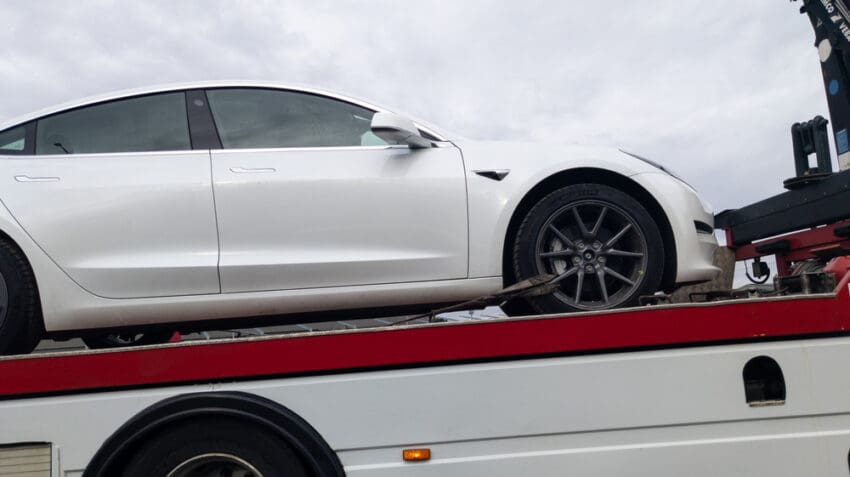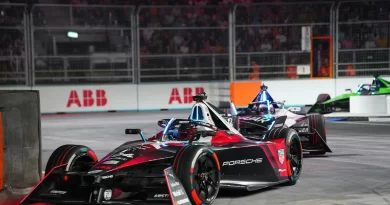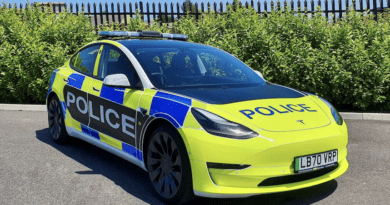
EVs 59% less likely to break down than ICE, says recovery expert
Electric cars are less likely to break down than their petrol or diesel-powered counterparts, according to new data from a leading recovery specialist.
Data from breakdown cover provider Start Rescue shows that EVs up to 10 years old are 59% less likely to need recovery than an ICE vehicle. It even shows that they are less likely to suffer a flat 12V battery than a petrol or diesel model.
Start Rescue’s managing director, Lee Puffett, said the latest figures dispelled any myths that electric vehicles are less reliable than their ICE counterparts.
He commented: “Our figures show electric cars ranging from new to 10 years old are 59% less prone to breakdowns than ICE cars.
“This might surprise some motorists, but with more than a million EVs now on the UK’s roads it shows drivers can choose an EV confident that they are less likely to be stranded at the roadside.”
He added that the biggest hurdle to buying an EV of any age was more psychological than real for most buyers. He said: “EV batteries are not like the ones in your mobile phone or laptop – they retain far more of their charge capacity to give you plenty of driving range. However, you still need to look after the 12-volt battery to avoid one of the most common causes of call-outs.”
Separate from the main drive battery, the 12V battery in an EV powers the same accessories as in an ICE car, such as the lights, wipers and radio and can still go flat if not maintained. However, Start Rescue’s figures show that EVs are less likely to suffer from a flat battery call-out than petrol or diesel cars. For EVs, this accounts for 23.7% of call-outs compared to 29.7% for petrol and diesel. It previously reported that flat tyres were the biggest reason for call-0uts to EVs, accounting for 29%.
Fears over running out of charge remain an over-stated issue but the latest figures from Start Rescue support previous data from recovery service the AA.
In December, the AA reported that just 2.3% of call-outs to EVs in 2023 related to cars with no or limited charge. That was down from 4.3 per cent in 2021 and 8.3 per cent in 2015.
At the time AA president Edmund King said: “There are still lots of myths being pedalled about EVs running out of charge on almost every long journey. At the AA we have the evidence to show this is just not the case. So, range anxiety – where a driver worries their EV will run out of juice – should become a thing of the past.”





